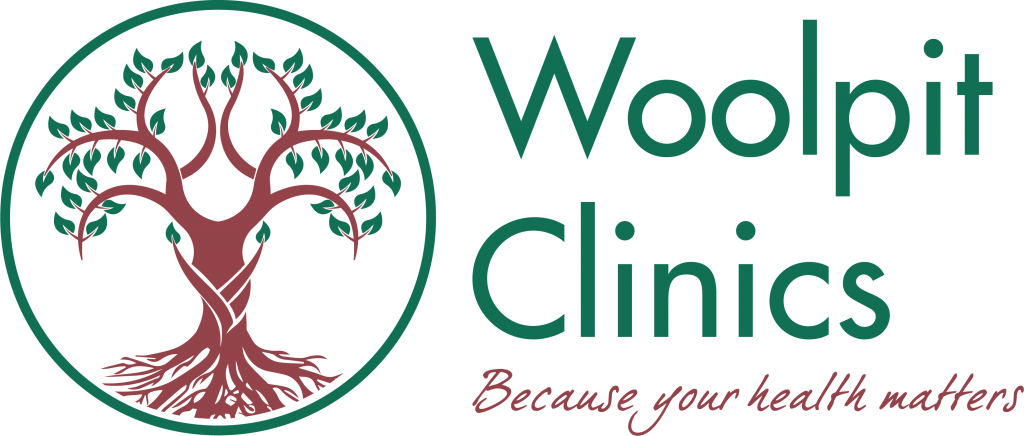Men’s Health – Seeking Therapy
If you are a man in this day and age, all you need to do to be healthy is: exercise, eat well, drink in moderation, avoid smoking and have sex regularly… Right?
Well, in a modicum of cases… yes… it could be suggested that for a happy and healthy male, that’s all you need.
However, certain statistics suggest that we are doing men an incredible disservice by over simplifying the guidelines for a healthy lifestyle. Perhaps simplicity is key but men aren’t being encouraged enough, to seek help when it is needed.
According to the Health and Social Care Information Centre (HSCIC) the number of people admitted to the NHS for ‘Mental and behavioural disorders due to use of alcohol’ was 198,600, between the years of 2012 and 2013,
Worryingly, over 70% of people were male, of which almost half were aged between 35 to 54 years old. Most of those admitted, again within the same age bracket, were labelled as suffering from ‘Dependency Syndrome’ or as having demonstrated ‘Harmful Use’ of alcohol.
So why are so many men (women, in comparison, only comprise of one third of the overall figure above) abusing alcohol in this way?
There are no absolutes but just as an example, the Journal of Abnormal Psychology (JoAP) suggests that men are far more susceptible to drug and alcohol addiction than women, particularly in response to a mental illness.
It further suggests that men, when distressed or experiencing difficulty in life, tend to externalise and turn to substance abuse, whereas women are more likely to seek help for perceived anxiety or depression.
Interestingly, men tend to only seek help for specifics – addiction, pain, fertility, tiredness… According to the JoAP it is vastly the majority in women that proactively find support for overall wellbeing mentally and physically.
So with this tiny fraction of information gleaned from just a few sources, I would like to revise the almost universal simplicity in sustaining men’s health and add another key element of guidance.
1, Exercise
2, Eat well
3, Drink in moderation
4, Avoid smoking
5, Maintain a healthy sex life
6, Seek help when it is needed
A combination of gender stereotypes in the media and social pressure may suggest that therapy is not approachable enough for men or perhaps something that’s exclusive of men, rather than inclusive.
This couldn’t be farther from the reality of it but there is hope: the RSCPP suggest that men are moving forward, reporting that more men are seeking therapy, gradually. Four out of 10 therapists said that the number of male clients has increased in the past 12 months with almost 70% of those within the crucial age bracket (as per findings from HSCIC) of 35-54.



